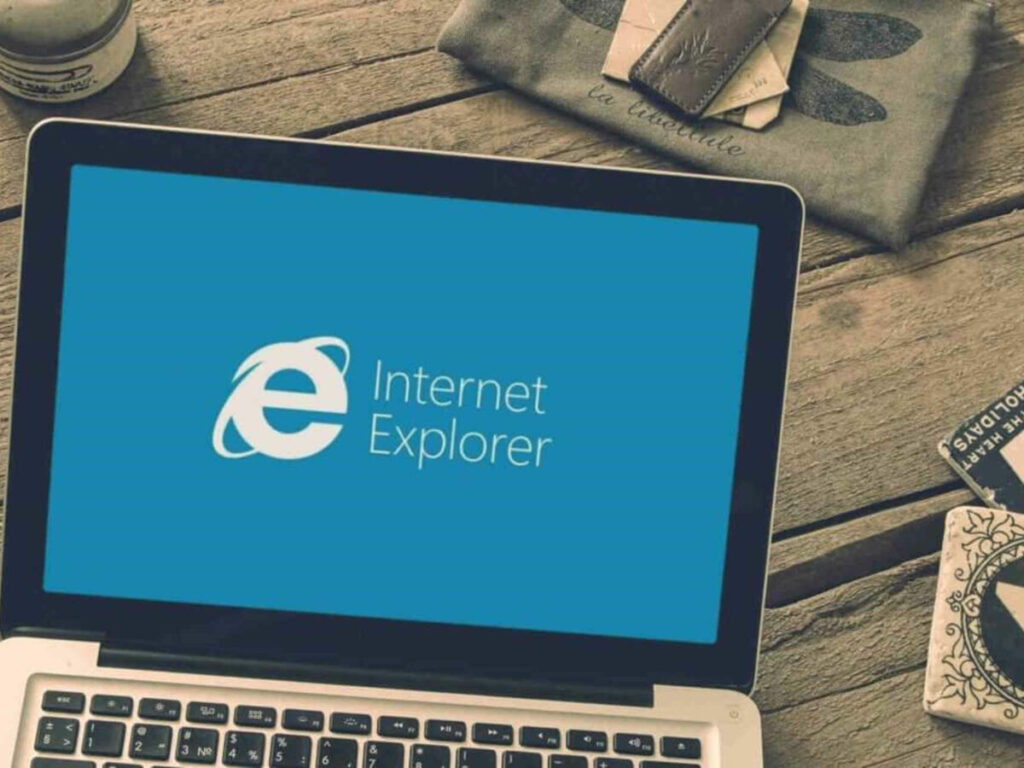Internet browsers are software programs that allow users to browse the World Wide Web. They work by receiving and interpreting website information via the Hypertext Transfer Protocol (HTTP). Users can then view, move around, and search pages on the Internet using the browser. Some browsers have additional features such as built-in email clients, integrated maps, and web development tools. Consult Managed IT Services Cleveland professionals to maintain your browsing experience hassle-free.
There are several internet browsers, including mobile web browsers for smartphones and tablets, desktop web browsers that run on computers and tablets, and embedded web browsers for televisions and cars. The two most common desktop web browsers are Microsoft Edge and Google Chrome. Both provide a consistent user interface across various devices. Microsoft Edge has a feature called “reading mode,” which darkens the page colors to make it easier to read online articles in dimly lit environments like at night or in a train compartment. Google Chrome has an option called “incognito mode” that runs websites in a private window without leaving any traces of activity on your computer’s browsing history or cookies.
As you navigate the internet, it’s important to keep in mind certain issues that can affect your browsing experience. Let’s look at some of the best ways to fix potential internet browser problems on your computer.
Examine Your Computer for Malware

Source: revenuesandprofits.com
Finding the presence of malware on the computer is a big concern for most people. It can cause numerous issues, including slowing down performance, redirecting unwanted websites, and even stealing personal information. To check if your computer has malware or not, follow these simple steps:
- First, go to Start > Settings > Personalization > and then select your browser. In the list of options, click on Advanced > click on Privacy. Here you will find options to change your settings and set up safety measures against tracking and adverts.
- If you have any third-party tools installed on your computer that you don’t know about or trust, then it is recommended that you remove them. Many anti-malware applications and tools are available online that can help detect and remove any malware in your system.
- Another way to check for malware is by using security software. This software can scan files and check for any possible threats, which will help prevent the installation of malware in the future.
Remove Cache From Browser
The cache is a temporary storage area in the browser where previously viewed web pages, images, and videos are stored. When you revisit a website, those items are loaded from the cache rather than fetched from the server each time. This can save time and bandwidth when you’re browsing. However, having too many cached items can slow down your browser and affect how quickly it responds. If you’re not sure how to check your browser’s cache, here are some quick steps to help you do so:
- Hit the Settings button on your browser toolbar and then choose Advanced > Cache. This will bring up a window that shows all the cached files on your computer.
- Delete any files that are taking up too much space or that you don’t need anymore.
- Clear your cache by navigating to Settings > Advanced > Cache and clicking the Clear button next to the Cache option.
- To altogether remove all cached files from your browser, open Google Chrome or Mozilla Firefox and go to Settings > Show advanced settings > Content settings (or Settings > Privacy). Then click on the Cookies tab, select Show Cookies Warn Me button, and click the Delete All button at the bottom of the page.
Verify the Browser Is Up-To-Date

Source: pcmag.com
When you open a new tab or window in your browser, it checks for updates. If any are available, the browser downloads and installs them. This ensures that you have the latest security and bug fixes for your browser. Therefore, it is recommended to always keep your browser up to date to benefit from the latest features and security enhancements.
To check for updates, right-click on the top-right corner of your browser window and select “Settings.” Next, select “About” and ensure the version number reads “Latest stable release.” If not, select “Update Now” to update your browser. Once an update is available, it will be downloaded automatically.
You can also check for updates by clicking the “Help” menu in your browser or entering about: version in the address bar. If an update is available, a pop-up will appear with instructions on how to install it.
Eliminate Redundant Extensions
If you have a ton of extensions, some of them may be redundant. Redundant extensions are extensions that are not essential for the functioning of a browser and can be easily removed. In addition, eliminating redundant extensions will free up memory, which will make your browser faster and more efficient.
To remove redundant extensions, you must do the following:
- Find the extension you want to remove. Right-click on it and select “Properties.” From here, click on the “Details” tab. Locate the “Reduce size” button and press it. Select “OK” when prompted.
- Now, locate the “Add to Firefox” button and press it. Select “Yes” when prompted to confirm the removal of the extension.
- Restart your browser and see if any problems have been solved.
- If not, consider uninstalling other add-ons you may have installed inadvertently or resetting your browser settings to their default values.

Source: windowsreport.com
Clear Out the Computer’s System Clutter
Your computer’s system can get cluttered with junk files, cookies, and other bits of digital detritus. These can slow down your computer and make it harder to browse the web. So here are a few tips for clearing out the system clutter:
- Delete old files: Old files take up valuable disk space and slow down your computer. Consider deleting any files that were last used several months ago.
- Defragment the hard drive: Your system’s hard drive is where all of your data is stored, so keeping it free from unnecessary files that can slow down your computer is essential. A disk utility program called Defragmenter can help do this.
- Update drivers: Drivers are software programs that allow your computer’s components to communicate appropriately. Older drivers can lead to slower system performance and higher chances of crashes and errors.
- Erase sensitive information: If you use a public Wi-Fi network at work or home where others might have access to your device, consider erasing any sensitive information before disposing of the device or recycling it.



